You know that moment when you check your rent or grocery bill and think, “Wait… am I being punk’d?” Yeah, that’s basically life on a fixed income in 2025. Places that used to be chill for retirees or folks living off Social Security are suddenly priced like luxury resorts—with none of the towel service. Fixed-income earners aren’t just budgeting anymore—they’re evacuating. Cities they’ve called home for decades are turning into financial hot zones, and they’re being forced to get creative (and fast).
But here’s the twist: they’re not just fleeing—they’re finding new havens. Smaller cities, overlooked towns, and surprisingly cool spots are becoming the new retirement sweet spots. So if you’ve ever looked at your cost of living and thought, “There’s gotta be a better place,” you’re definitely not alone. Let’s take a look at where people are getting priced out—and where they’re landing instead.
1. New York, NY → Scranton, PA
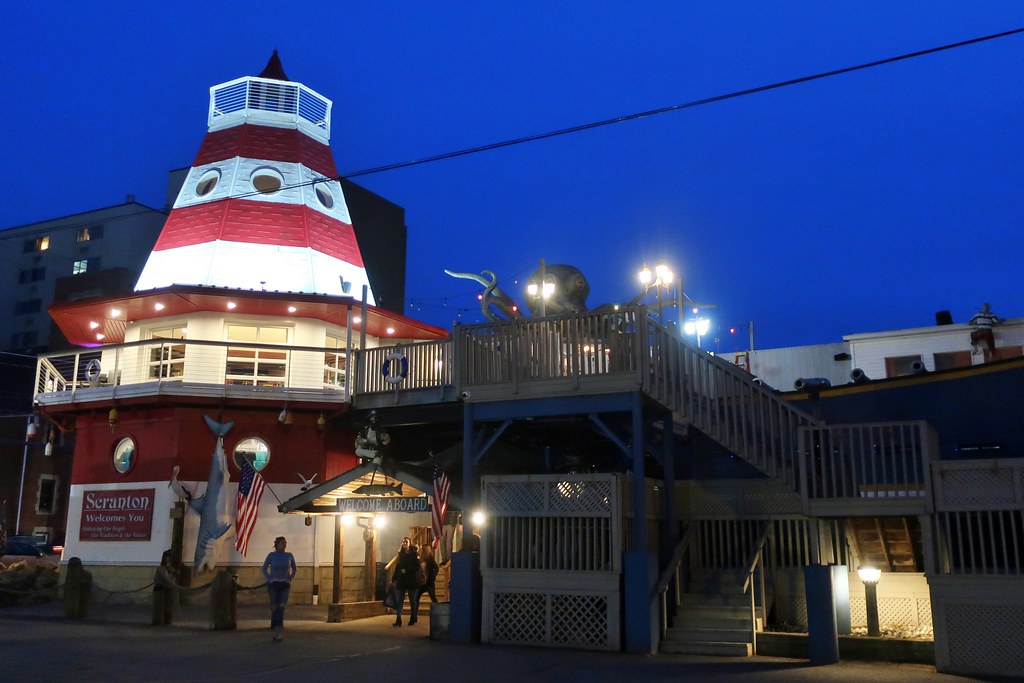
Retiring in NYC sounds glamorous—Central Park strolls, Broadway matinees, the occasional bagel that costs $12. But fixed income in New York hits different, especially with housing, utilities, and even groceries pushing well past “affordable.” As reported by WNEP, many older residents are making a quiet escape to Scranton, Pennsylvania. Yes, that Scranton.
What Scranton lacks in celebrity sightings, it makes up for in budget-friendliness and space. Median home prices are under $200K, and it still has decent healthcare options and small-town charm. It’s also not so far from the city that you can’t hop on a train to visit the grandkids or catch a Yankees game. Scranton’s having a low-key glow-up, and for retirees who don’t need a 24-hour scene, it’s the ideal in-between. Think more neighborhood diners, fewer $4,000 studio apartments.
2. San Francisco, CA → Spokane, WA
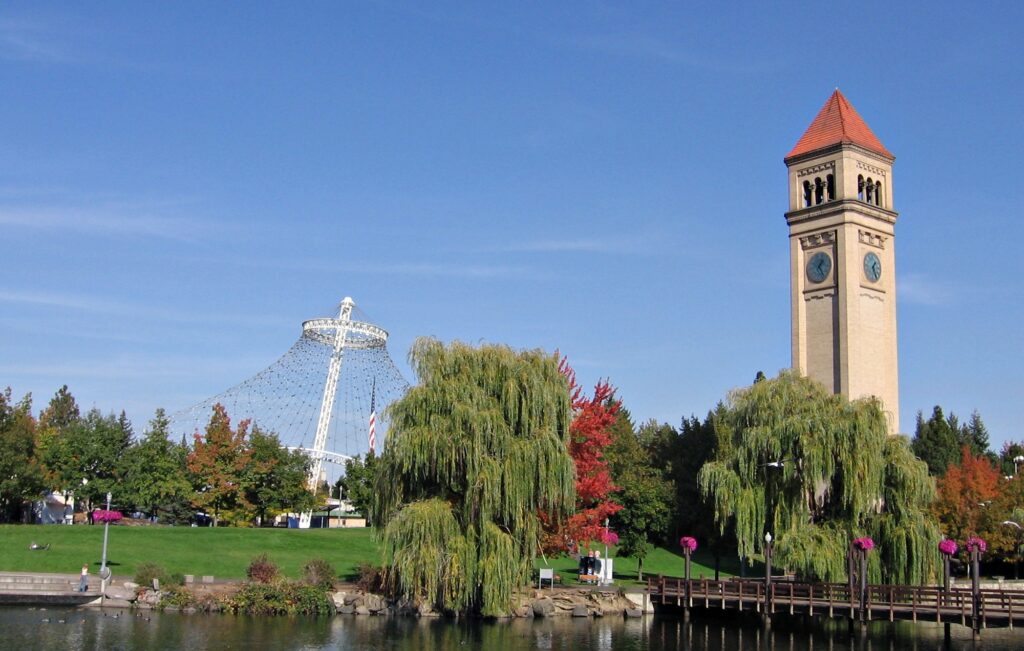
If you’re on a fixed income, San Francisco is basically a game of financial Jenga where everything is overpriced and the coffee costs more than your prescription. Housing prices have skyrocketed so aggressively that even longtime residents are waving the white flag. According to a report in the Spokane Journal, many retirees are fleeing to Spokane, Washington, where the average home price is still (relatively) within reach.
Spokane isn’t exactly a secret anymore, but compared to San Francisco, it’s a financial sigh of relief. You get clean air, river walks, craft beer, and a downtown that’s chill without being boring. It’s not the tech epicenter or food capital of the world, but it’s livable—and that’s the point. For Bay Area retirees, swapping city chaos for Spokane calm means they can stretch their budgets without sacrificing quality of life. Plus, you can buy a house without competing against 23 tech bros and a hedge fund. Win.
3. Austin, TX → Fayetteville, AR
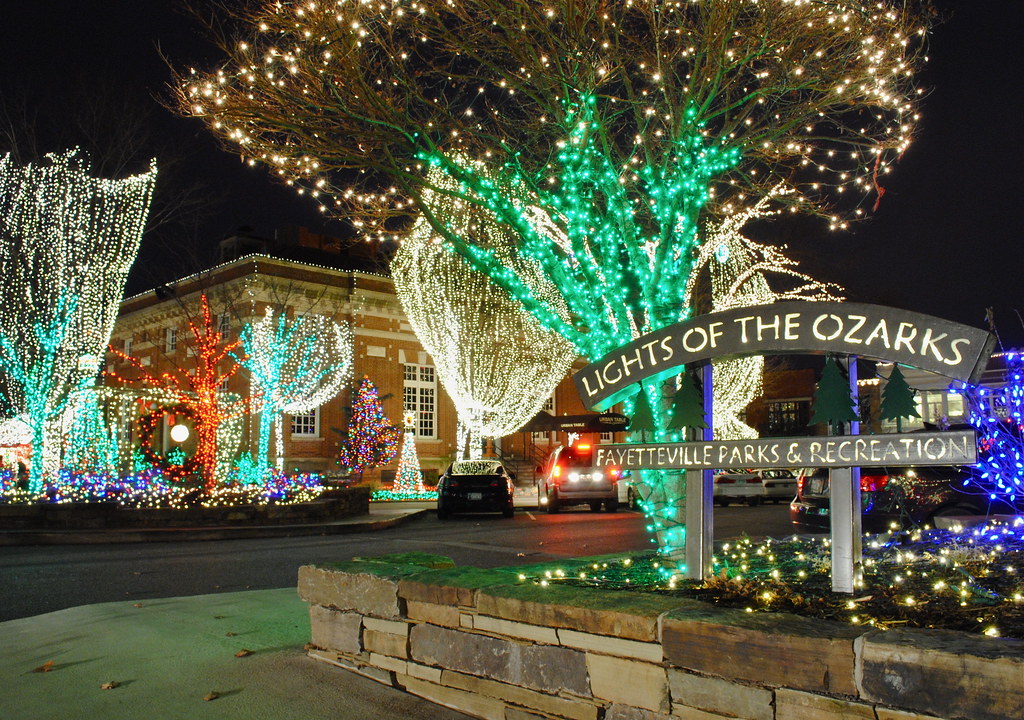
Austin used to be the cool, affordable cousin in Texas—until it turned into the “Silicon Valley of the South.” With all the new tech money pouring in, prices have shot up faster than you can say “What happened to Sixth Street?” According to Kiplinger, retirees are ditching Austin for places like Fayetteville, Arkansas, where cost of living is still within the realm of sanity.
Fayetteville has a college-town buzz, pretty hiking trails, and yes—Walmart money nearby, which means decently funded public services. It’s got enough to keep things interesting, but not so much that you’ll go broke doing them. Retirees are finding peace in the Ozarks, with enough cultural life to avoid boredom and enough affordability to keep their savings intact. Also? No need to remortgage your house to see live music. Bonus points for the lack of Austin traffic.
4. Miami, FL → Ocala, FL
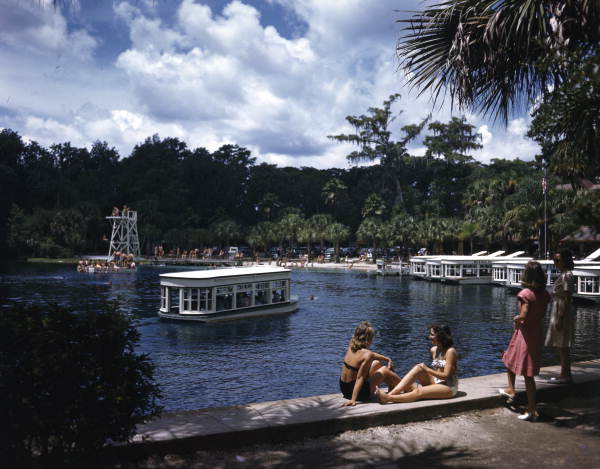
Miami might still be a retirement dream on the postcards, but in reality, the cost of living there has made it less beachy and more bleedy—like, your bank account. The glitzy condos, rising insurance rates, and sky-high property taxes are pricing out even well-off retirees. As reported by the Palm Beach Post, many are heading north to Ocala, where the vibe is more “horses and hammocks” than “nightclubs and Lamborghinis.”
Ocala’s got space, charm, and a whole lot of retirees who traded in the beachfront for a backyard. You can still get sunshine without the financial sunburn. The healthcare’s solid, the neighborhoods are quieter, and your monthly expenses won’t make you sweat through your linen shirts. Miami’s energy is fun for a weekend, but Ocala’s peace is built to last. And hey, there’s still plenty of Florida kitsch to go around.
5. Seattle, WA → Boise, ID
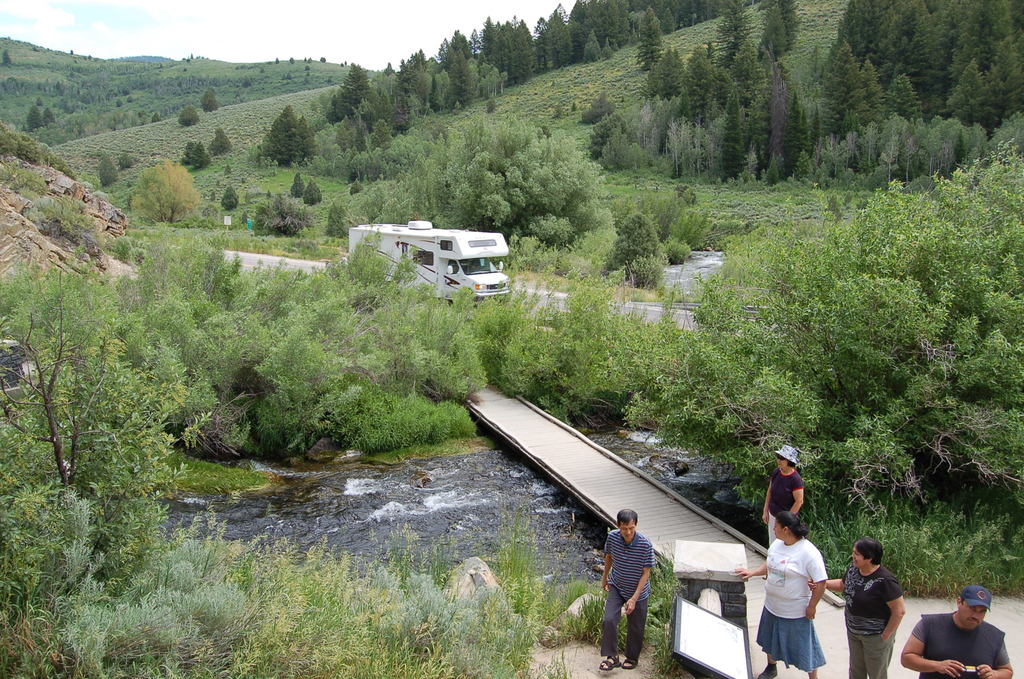
Seattle’s got coffee, culture, and stunning views—but also rent that makes your eyes water and property taxes that feel personal. With tech industry inflation and ever-rising costs, folks on a fixed income are realizing they need more bang for their buck. That’s why, as reported by US News & World Report, many retirees are heading east to Boise, Idaho.
Boise’s got a mountain-town vibe with a side of modern—think farmer’s markets, good trails, and less drizzle. It’s not just cheaper housing; it’s a totally more relaxed lifestyle that doesn’t feel like a budget downgrade. You’ll still get quality healthcare and artsy outings without having to skip lunch to afford it. It’s quieter, yes—but in a cozy, coffee-on-the-porch way. And your pension? It’ll go a lot further without those $7 oat milk lattes in the mix.
6. Los Angeles, CA → Las Cruces, NM
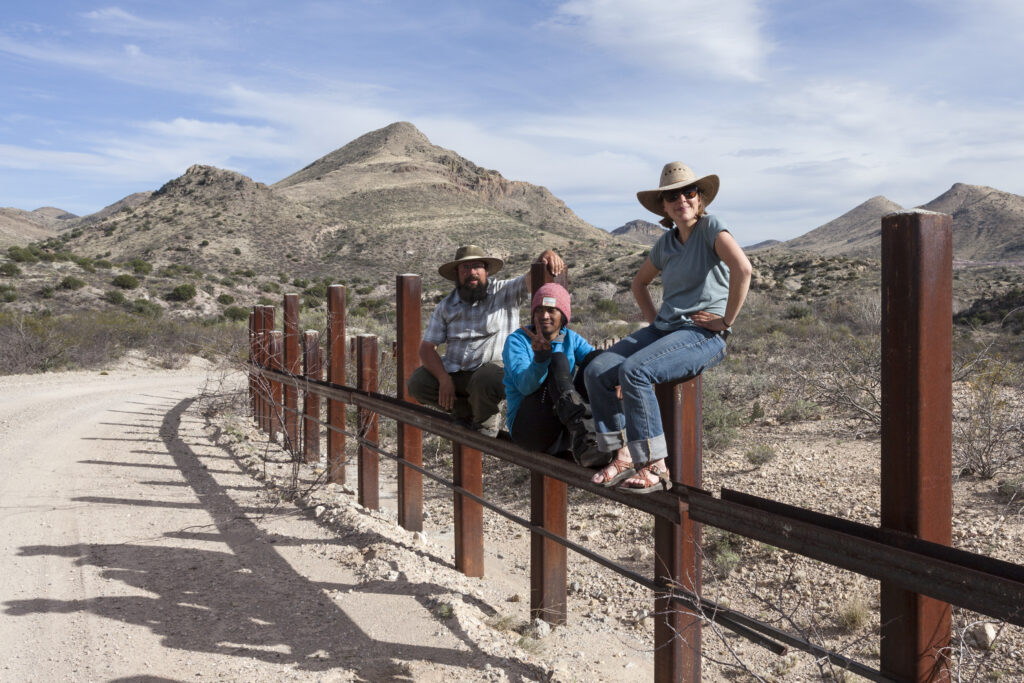
Living in L.A. on a fixed income is like trying to eat organic at a gas station. Everything costs more—rent, groceries, parking, your therapist—and that sunshine tax hits harder once the paychecks stop rolling in. Retirees are slowly realizing that the dream of aging in L.A. might be more fantasy than feasible.
That’s why many are making a desert detour to Las Cruces, New Mexico. It’s got sunshine for days, stunning desert landscapes, and a cost of living that doesn’t make you cry. Healthcare access is surprisingly solid, and the pace of life is way more chill. You won’t find high-end shopping or Oscar parties, but you will find community, culture, and enough savings to finally get that second margarita. Plus, zero traffic. For ex-Angelenos, that alone feels like a raise.
7. Denver, CO → Pueblo, CO
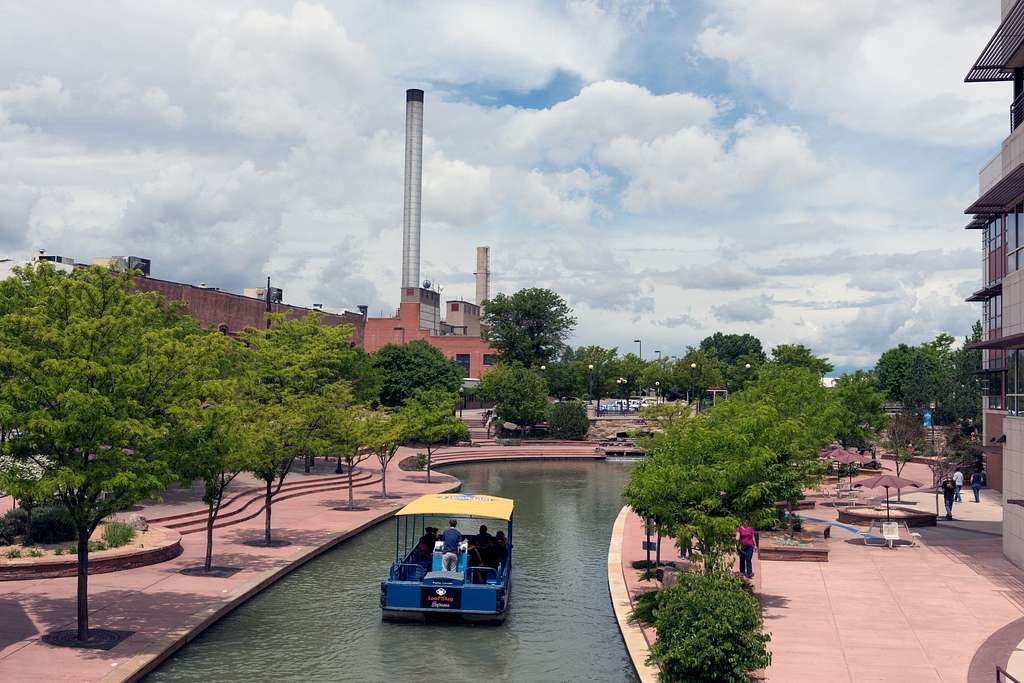
Denver used to be that sweet spot—mountains, music, microbrews—but lately, it’s priced out the very people who helped make it cool. Fixed-income folks are looking around and realizing their cozy bungalows now come with sky-high property taxes and utility bills that read like a novel.
Pueblo, just a couple hours south, is where they’re quietly relocating. It’s got views, charm, and housing prices that don’t require a trust fund. Bonus: no need to leave the state you love. Pueblo’s vibe is more laid-back artist than fast-paced tech bro, and that’s a relief for retirees seeking peace over pretension. You still get access to the outdoors, decent medical care, and, shocker, parking spots. A little quieter, a lot cheaper, and nobody will judge your socks-with-sandals phase.
8. Boston, MA → Manchester, NH
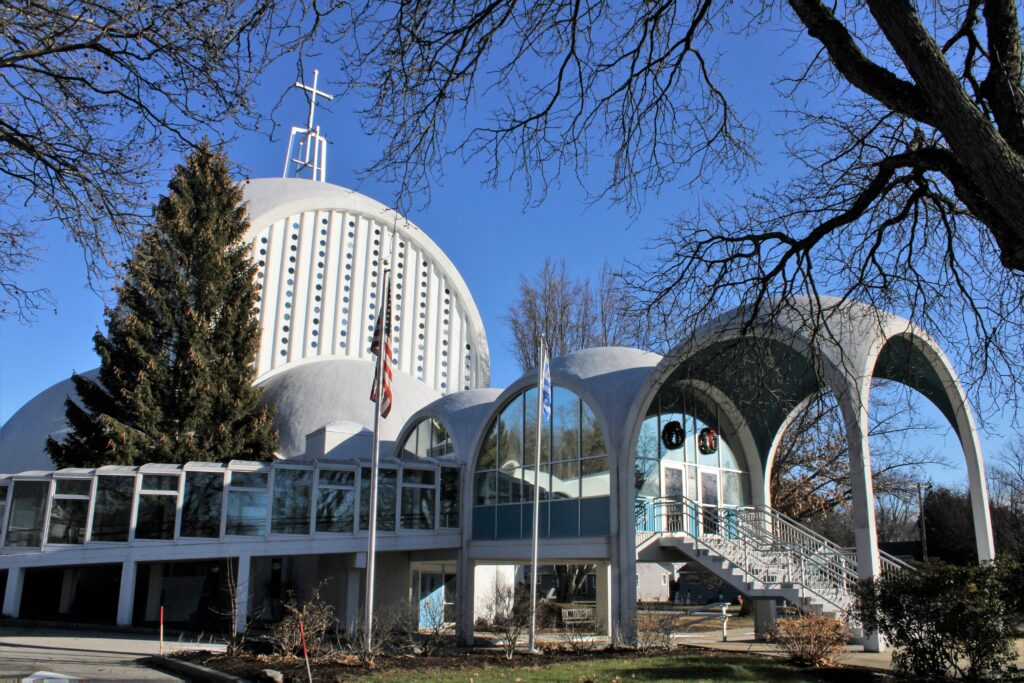
Boston is a historic gem… with modern prices that are not for the faint of heart. Rent control? Cute idea. In practice, Boston real estate is a beast, and retirees are saying “no thanks” to $3,000-a-month apartments and $6 coffees.
So they’re heading over the border to Manchester, New Hampshire, where it’s still New England—but with actual breathing room. Taxes are lower, housing is friendlier, and there’s still a Dunkin’ on every corner (because, obviously). You don’t have to give up your Red Sox fandom or your lobster roll cravings—you just don’t have to go broke satisfying them. And bonus: no state income tax. Your retirement dollars stretch further without losing that charming Yankee vibe.
9. Chicago, IL → Fort Wayne, IN
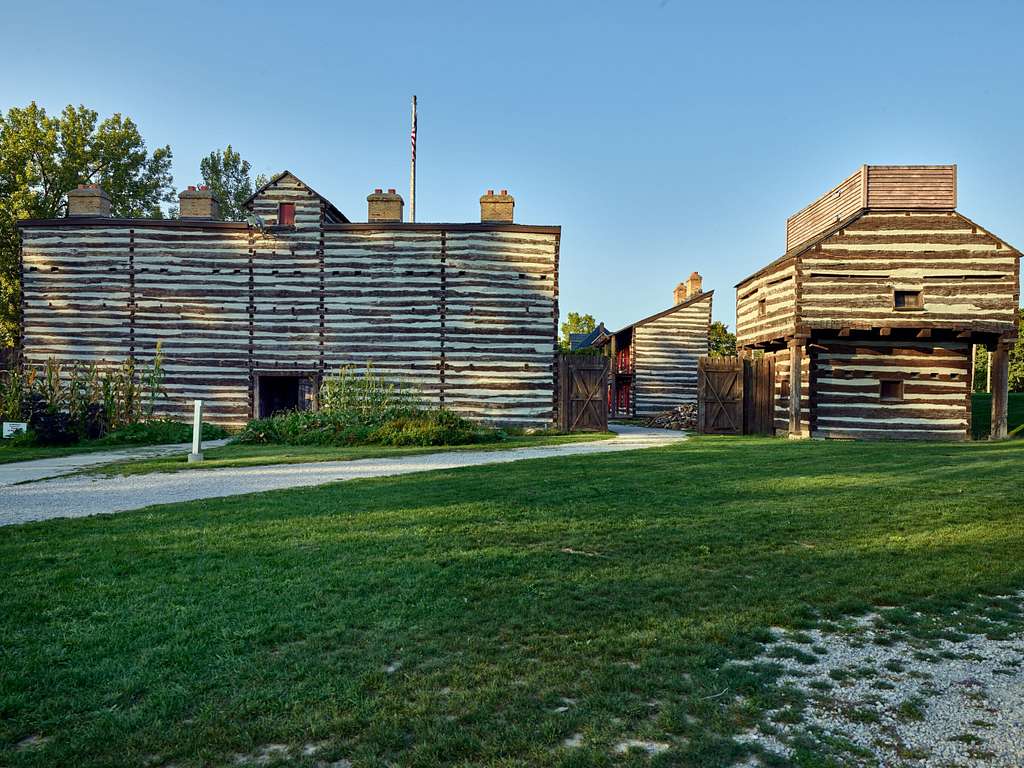
Chicago’s deep dish might be thick, but so are the property taxes. From heating bills to HOA fees, living in the Windy City on a fixed income feels like trying to build a snowman with dollar bills. It’s getting harder for retirees to afford their once-beloved brownstones and lake views.
Enter Fort Wayne: a Midwest city that’s affordable without feeling like you’re in the middle of nowhere. You get walkable neighborhoods, a cute riverfront, and actual seasons—just without the skyscraper-level expenses. Fort Wayne offers just enough hustle without the hassle. You can still find a good slice of pizza and a museum date without having to drain your 401(k). It’s quiet, it’s friendly, and most importantly, it’s livable.
10. San Diego, CA → Prescott, AZ
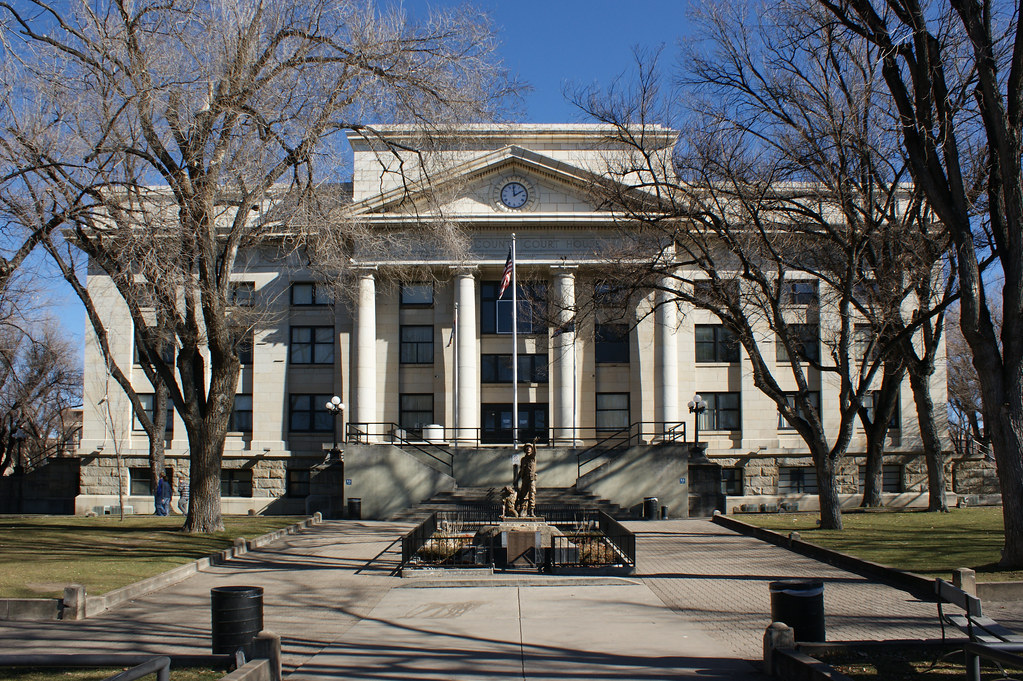
San Diego has that dreamy coastal vibe—until you try to pay rent or buy a sandwich. With home prices that sound like Monopoly money and HOA fees that could fund a small nation, fixed-income retirees are starting to peace out. Even paradise gets pricey.
Prescott, Arizona is where a lot of them are landing. It’s got mild weather, mountain air, and housing prices that feel like a time capsule from 2006. You’ll trade surfboards for hiking boots, but the sunshine still shows up on time. Prescott’s downtown has a throwback charm and just enough to do without being overwhelming. Plus, you can actually see the stars at night. If you loved San Diego for its lifestyle, Prescott gives you a quiet remix that doesn’t torch your budget.
11. Portland, OR → Eugene, OR
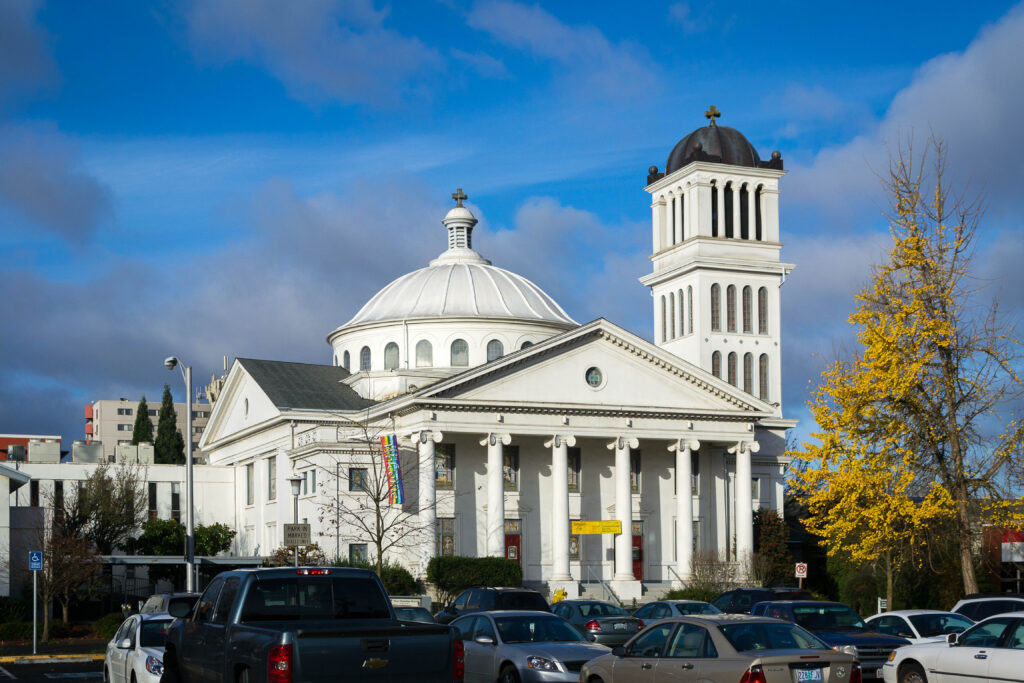
Portland used to be quirky and cheap—now it’s just quirky and expensive. Between rising housing costs, property taxes, and a cost of living that’s outpacing inflation, retirees on a budget are quietly slipping away. And where are they going? Down I-5 to Eugene.
Eugene still has that offbeat Oregon energy, but with less edge and more elbow room. It’s a university town, so there’s always something happening—but the rent is doable and the people are friendly. You get access to healthcare, parks, and decent public transportation without the urban intensity. Plus, there’s a farmer’s market that makes Portland’s look overpriced (because it kind of is). Eugene’s low-key charm is pulling in retirees who want the vibe, but not the sticker shock.
12. Honolulu, HI → Hilo, HI
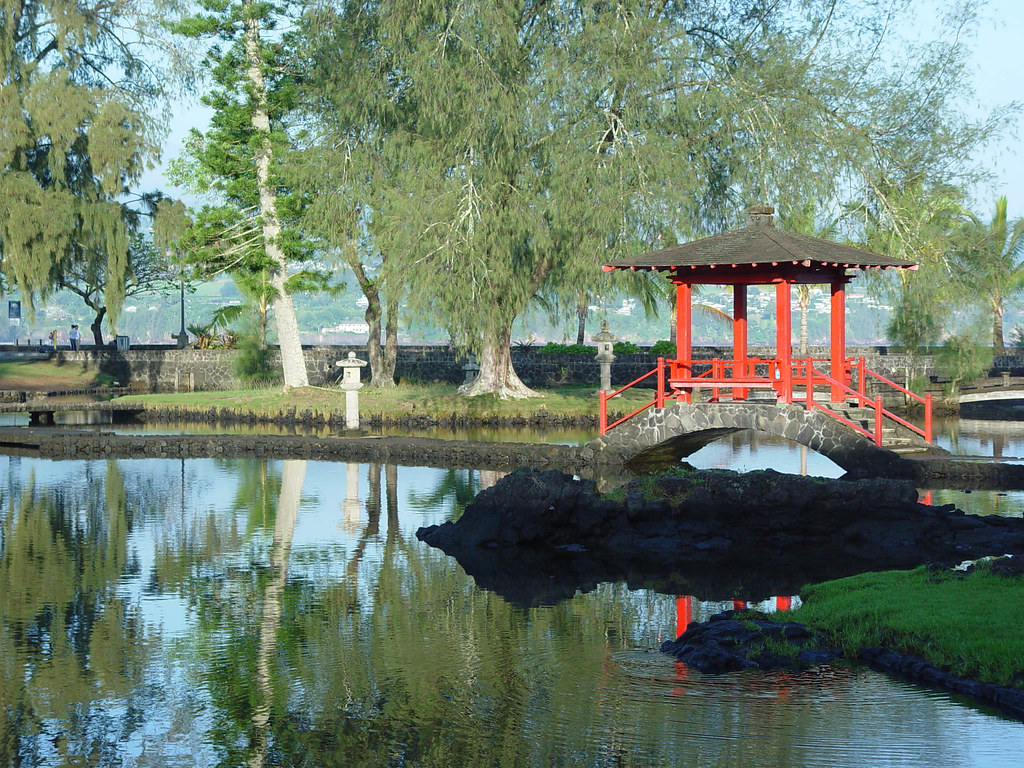
Living in Honolulu on a fixed income is like trying to balance a cocktail on a paddleboard—expensive, wobbly, and likely to tip over. Between the housing market, imported goods, and island costs, many older residents are realizing it’s no longer financially sustainable. So they’re trading city life for something slower—and cheaper—on the Big Island.
Hilo offers an affordable alternative that’s still Hawaii, just without the Waikiki markups. Life here is more local, more relaxed, and much more budget-friendly. You won’t get skyscrapers or nightlife, but you will get lush greenery, waterfalls, and a slower rhythm that fits retirement like a glove. Groceries still cost a bit more, but overall expenses go down—and the trade-off is peace. Hilo feels like the Hawaii people dream about, minus the resort pricing.
13. Philadelphia, PA → Lancaster, PA
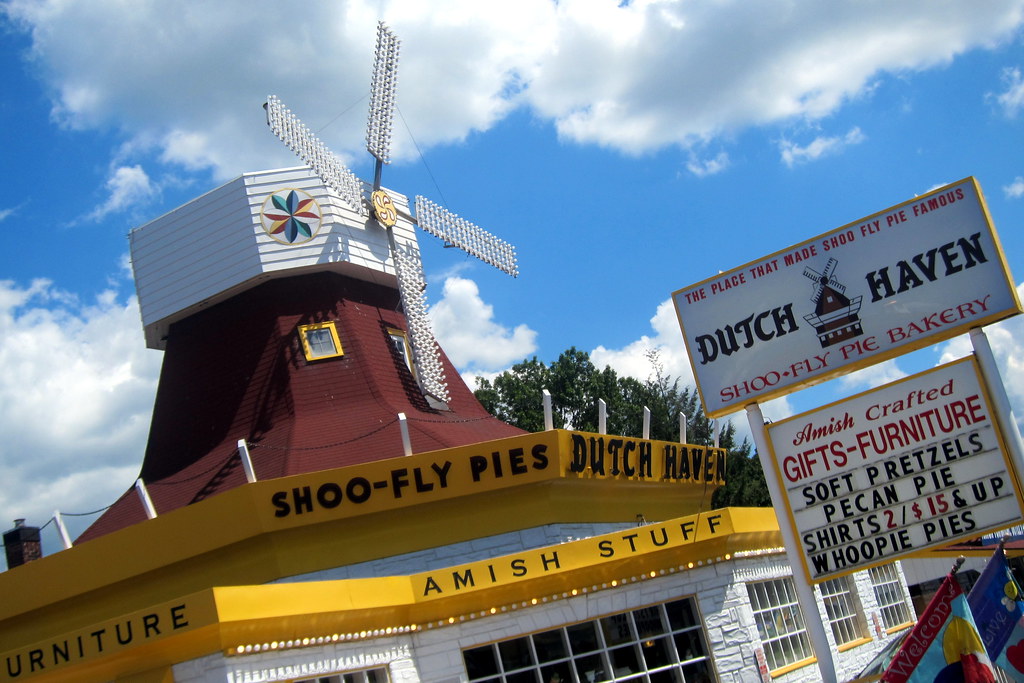
Philly’s got cheesesteaks, history, and one very persistent housing crisis. Costs are creeping up, crime’s becoming a concern, and retirees are quietly pulling the plug. The new move? Lancaster.
It’s close enough to visit the city, but far enough to feel like you’re not drowning in bills. Lancaster offers walkability, culture, and—surprise!—a legit food scene. Plus, the community vibe is real. You can own a home, tend a garden, and still have access to good medical care without selling your kidneys. Lancaster’s growing, sure, but it still feels small enough to be neighborly—and big enough not to be boring.
14. Washington, D.C. → Richmond, VA
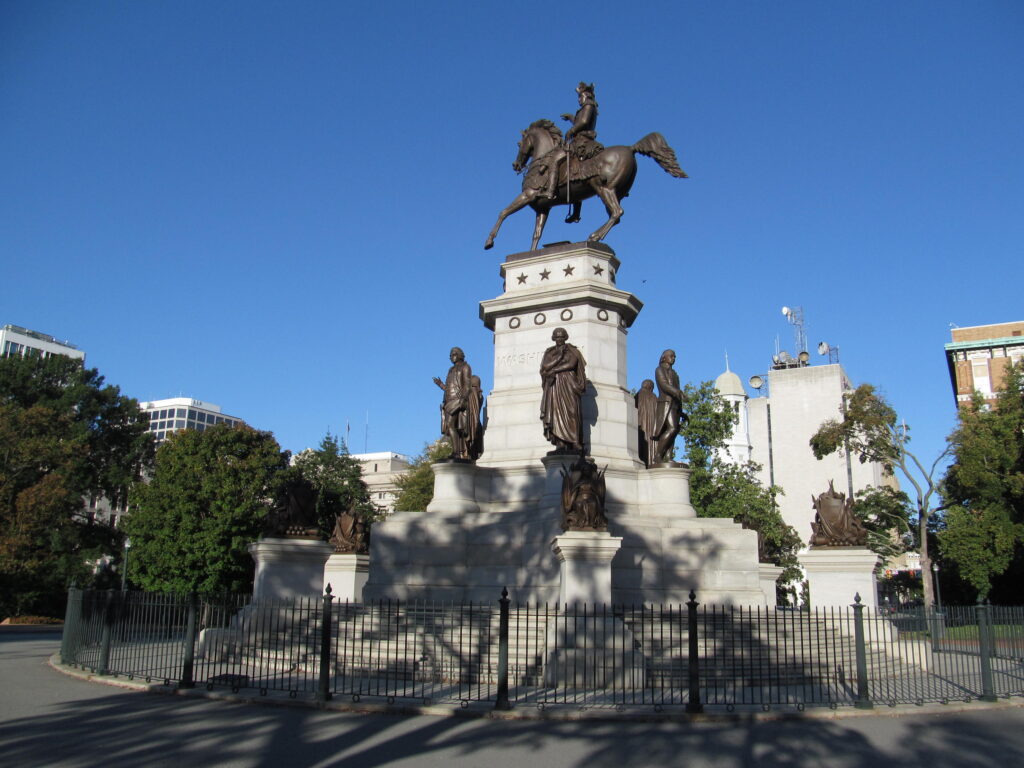
Living in D.C. on a fixed income feels like trying to attend a gala in sweatpants—technically possible, but wildly uncomfortable. Between the rent, taxes, and transportation costs, retirees are packing up their Metro cards and heading south to Richmond.
Richmond still has historical gravitas, but at a much friendlier price point. You get charming neighborhoods, access to good healthcare, and enough cultural attractions to keep things spicy. Bonus: no navigating political gridlock just to buy groceries. It’s still urban, still vibrant, but way more financially forgiving. For retirees, it’s a way to keep some East Coast energy without the monthly panic attack.
15. Atlanta, GA → Chattanooga, TN
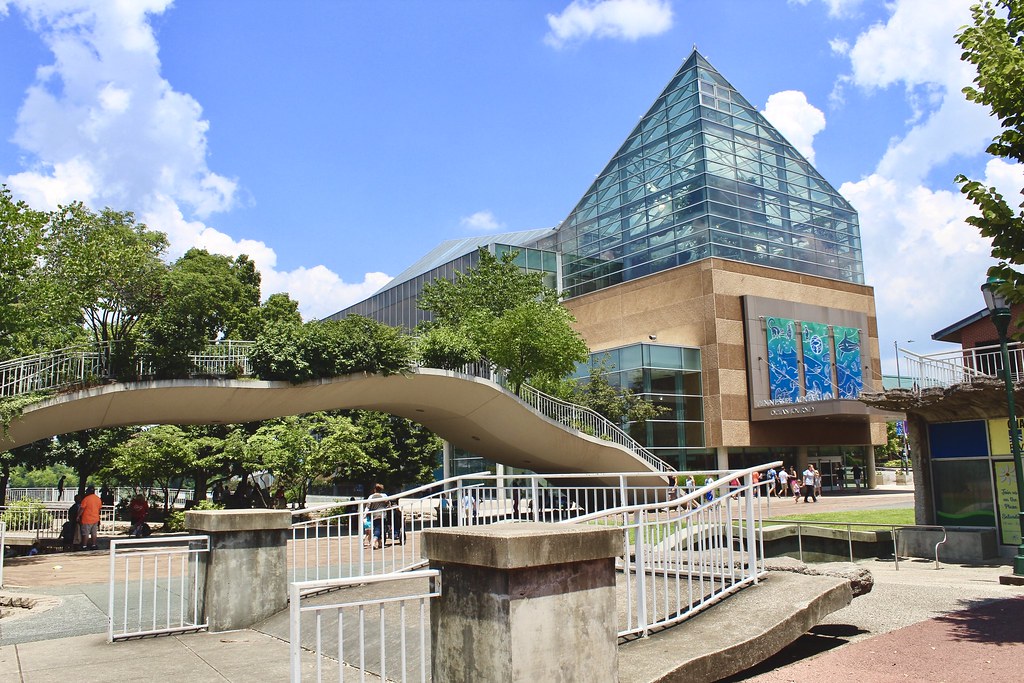
Atlanta’s booming—traffic, rent, and housing costs are all racing each other to the top. What was once a southern staple for affordable city living is now pushing out people on fixed incomes faster than a summer thunderstorm. So where are retirees headed? North to Chattanooga.
Chattanooga’s got mountain views, a revitalized downtown, and housing that doesn’t require a second job. It’s tech-savvy enough to feel modern, but southern enough to still feel like home. You get fresh air, scenic trails, and a sense of calm that’s hard to find in a booming metropolis. Retirees are finding that their dollars go further, and their stress goes down. Atlanta may have the flash, but Chattanooga has the follow-through.
This article is for informational purposes only and should not be construed as financial advice. Consult a financial professional before making investment or other financial decisions. The author and publisher make no warranties of any kind.








